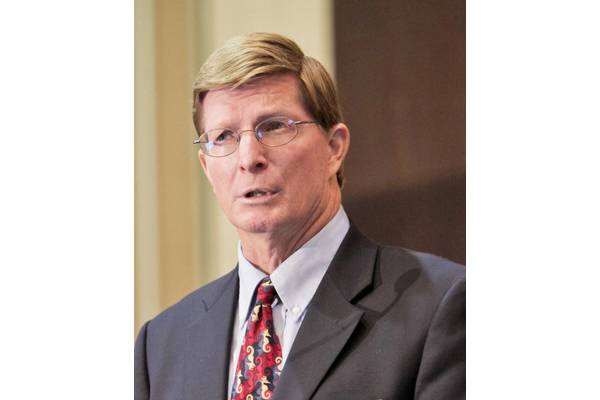

As the need for Marine Spatial Planning (MSP) and its development continues to grow, The Nautical Institute has worked with the World Ocean Council to produce a guide aimed at helping maritime professionals to better understand MSP and take a more active role in representing shipping issues within the process.
Titled “The Shipping Industry and Marine Spatial Planning – a professional approach” and launched today at a seminar hosted by the Institute’s Hong Kong branch, the guide provides an overview of the key shipping-related issues that need to be considered in developments to ensure that shipping issues are harmonized with other stakeholders to best serve society as a whole.
MSP involves an increasingly diverse array of organizations and interest groups, from shipping, fisheries and dredging to renewable energy, tourism and oil and gas. The Nautical Institute and the World Ocean Council are working to ensure that professionals from across the maritime spectrum become more informed and involved in MSP, particularly at the local level.
“As more and more stakeholders seek to make use of the marine environment, it is vital that shipping professionals from all disciplines within the maritime community play a role in ensuring users of the ocean act in a coordinated and informed way. Rerouting a shipping lane may seem like an obvious solution in accommodating a new offshore wind farm, for example, but if it increases the risk of a collision or grounding then this needs to be factored into the decision-making process,” said David Patraiko, Director of Projects at The Nautical Institute. “Each MSP development is unique, which makes it doubly important that those individuals with relevant professional knowledge and expertise are consulted from the start.”
Paul Holthus, CEO of the World Ocean Council, added, “The need for corporate ocean responsibility has never been greater. Proactive, constructive and coordinated participation in MSP by an informed ocean business community is critical and maritime professionals need to be at the heart of this process. Through the publication of this guide we believe they will be able to play an even more integral role in future MSP developments.”
The jointly produced guide identifies each of the main steps involved in a typical MSP process and highlights how the shipping community might participate and offer its expertise. It also contains a number of case studies and annexes which provide useful information on issues such as risk assessment and the space needed for maneuvering and collision avoidance.
The guide can be downloaded from The Nautical Institute’s MSP Forum: nautinst.org/en/forums/msp. Printed copies can be ordered through email: [email protected].

